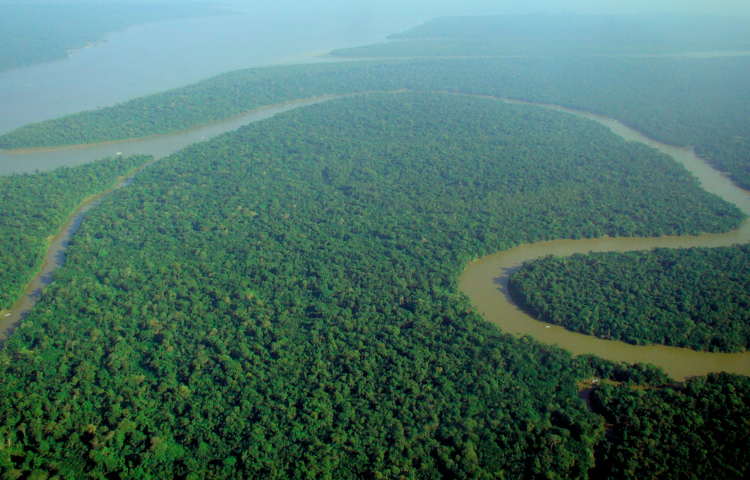A new study has revealed something amazing. It states that the asteroid impact that wiped out dinosaurs from Earth also gave birth to the Amazon rainforest.
In an analysis of thousands of fossil pollen and leaves, researchers found that the cataclysmic asteroid impact that resulted in the destruction of nearly 75 per cent of all terrestrial life on Earth drastically restructured tropical forests.
The destruction set the stage for the evolution of what has become one of the planet's most diverse ecosystems — the neotropical rainforest, according to the study published in the journal Science.
While the end-Cretaceous impact nearly 66 million years ago was catastrophic for terrestrial ecosystems worldwide, its long-term effects on tropical forests have remained a mystery.
This is largely due to the lack of palaeobotanical exploration in the region, which has only just begun to provide the data needed to evaluate these questions.
For the study, Monica Carvalho from the Panama-based Smithsonian Tropical Research Institution, and colleagues used fossil pollen and leaves recovered from Colombia to characterise how the impact changed South American tropical forests, finding large-scale changes in species composition and forest structure.
According to the findings, late Cretaceous rainforests were characterised by an open canopy environment.
However, plant diversity declined by roughly 45 per cent at the Cretaceous-Paleogene (K/Pg) boundary and extinctions were widespread, particularly among seed-bearing plants.
While the forests recovered over the subsequent six million years, angiosperms, or flowering plants, came to dominate the forests, said the study.
This transition led to the closed canopy structure and the layered, vertical distribution of plant biodiversity that defines modern tropical rainforests, said the study.
(With inputs from IANS)




















